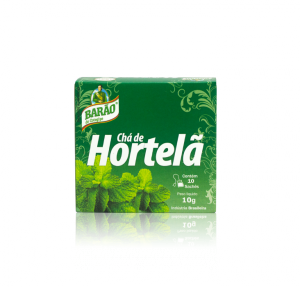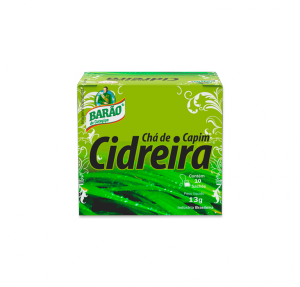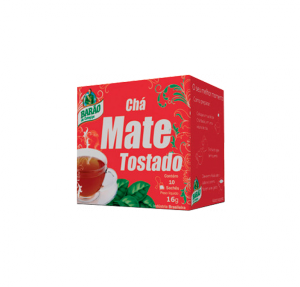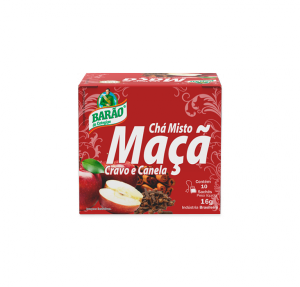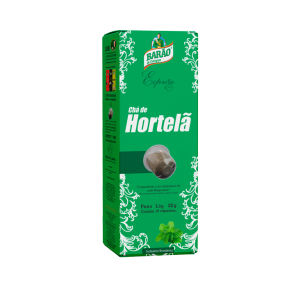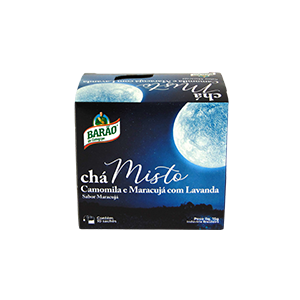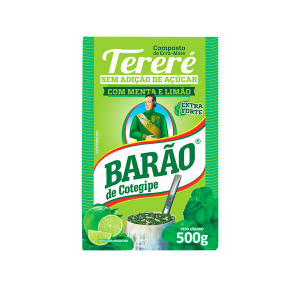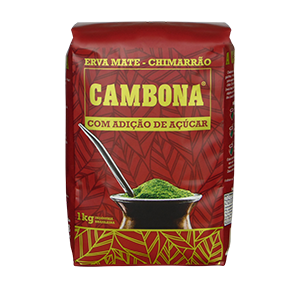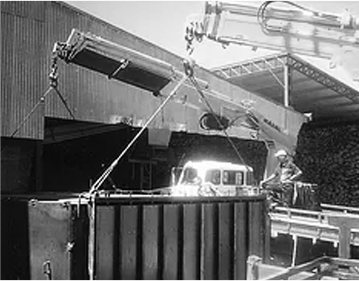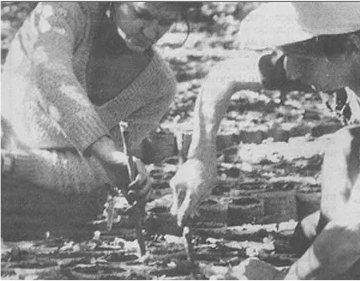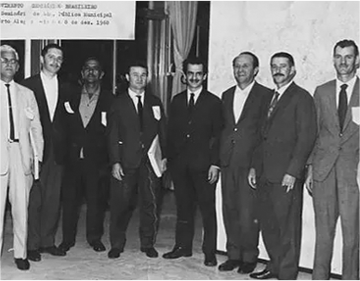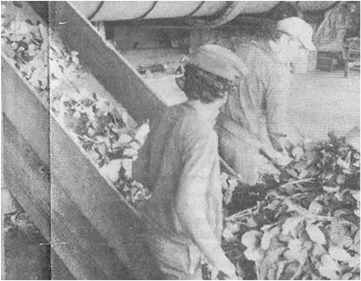1951
Beginning of Yerba mate production and sale

In 1951, Etelvino Picolo and his wife Ilma Picolo settled in Volta Grande town. In 1952, they created the Etelvino Picolo Company, initiating the production and sale of chopped up and smashed handcrafted Yerba mate. With the growth in sales, Yerba mate, already present in the mate of many people of Volta Grande, Erechim and Region, is baptized as Picolo brand, eternalizing the Family last name.
1953
Headquarters location
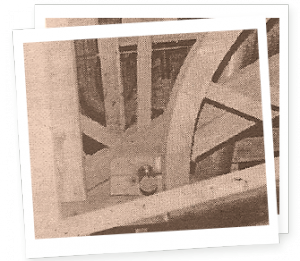
In 1953 the industry was installed at the road to Jacutinga, where it remained for 17 years. With emancipation in 1964, Volta Grande became known as Barão de Cotegipe. Six years later, in 1970, the industry was transferred to Rua Barão do Rio Branco, now called Rua Ilma Picolo, in honor of Mr. Etelvino’s wife. The address has remained the same ever since.
1976
The first step towards the Gaucho Mate modernization
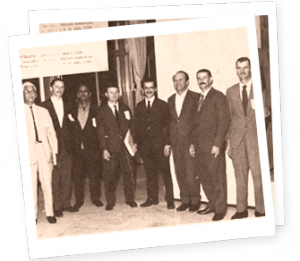
Mr. Etelvino acted in politics. He was city councilor, Barão de Cotegipe vice-mayor, and in 1976, he applied to the town’s city hall. He lost the elections but did not get discouraged, nor gave up contributing to the community development and leaving his mark in the town and state history. He sought innovations in technology and machinery, establishing a successful partnership with Mr. Roberto Grim, from Grim S/A company, in Ijuí.
1979
A great partnership is consolidated
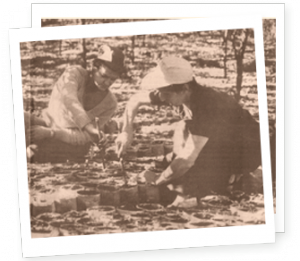
After years of tests, the partnership paid off, Mr. Picolo and Grim S/A developed the Rotatory Dryer, enabling the yerba mate production in large-scale, without affecting the already recognized quality. In the same year, the Yerba Mate seedlings planting began in order to standardize the raw material, which eventually expanded the sector in Alto Uruguai Region and Rio Grande do Sul.
1980
A milestone to Gaucho Mate
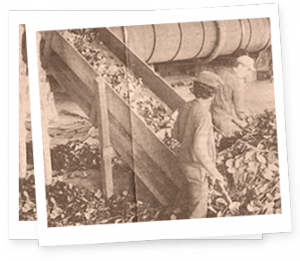
This year, Barão imported the most advanced technology of the time to siege and dry Yerba mate, a pioneer process in Brazil. However, Mr. Etelvino, showing great vision, continued innovating to give more flavor to mate: he refined the production process and left Yerba mate in its original color - green. The change transformed gauchos’ mate forever.
1983
Launching of Barão de Cotegipe Brand
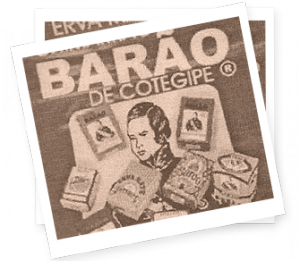
In 1983, Mr. Etelvino launches Barão de Cotegipe brand. The new brand becomes an immediate success, expanding to countless cities in the state of Rio Grande do Sul, with its traditional Yerba mate, in orange packaging, designed to distinguish Barão Yerba Mate from its competitors and highlight its higher quality.
1985
New drying conveyor belt

Development of the drying conveyor belt, innovation that allowed increasing Barão Yerba Mate flavor and quality, taking the brand to a new level.
1987
A farewell to a loved one
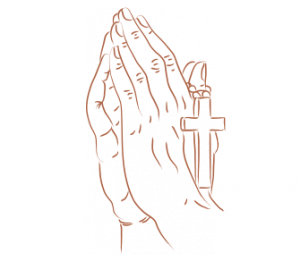
The passing away of Mrs. Ilma Picolo, who will always be remembered for her accomplishments, care and dedication.
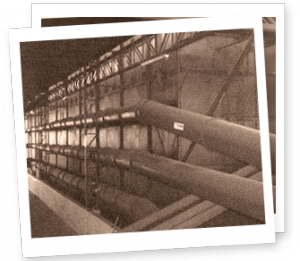
Expansion of the first pavilions for the Yerba Mate production line, bringing together all Barão technology in one place.
1993
Launching of Native Yerba Mate
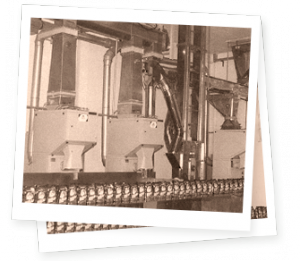
In order to highlight the most original Yerba Mate flavor, Barão launches Native Yerba Mate in 1993. Coming from native trees, leaves are carefully trimmed so as not to interrupt the flowering, resulting in a product with enhanced flavor evidencing the gaucho tradition taste.
1996
Company Modernization
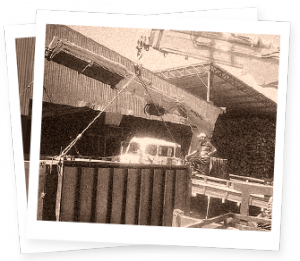
The modernization of Barão’s production system combines the practicality of industrial production with the quality of a handcrafted product, designed to honor gaucho traditions. The technology used in the drying process guarantees the purest and most pleasant Yerba Mate taste.
2002
The first Yerba Mate Export
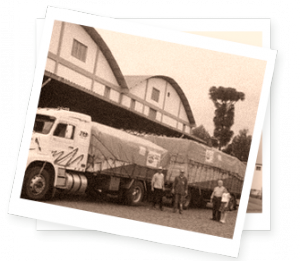
Aiming to take the habit of having mate and the gaucho traditions beyond national borders, Barão began to export Yerba Mate. The first export took place in 2002, being a landmark for the company.
2003
Beginning of production and marketing of the Tea line
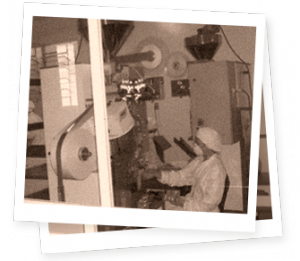
Keeping its tradition, quality and technology Barão expands its product line, adding the Barão Tea. Produced with dedication and quality, soon began to gain its space in the market and today, it is increasingly present in Rio Grande do Sul and Brazil homes.
2004
First Vacuum Packed Yerba Mate
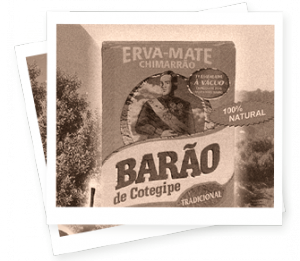
This year, for the launching of the Traditional Vacuum Yerba Mate, a high-tech packaging that helps to preserve the full flavor and scent of the product for much longer was developed in partnership with Universidade Regional Integrada (Integrated Regional University) - Erechim Campus.
2010
Organic Certification Achievement
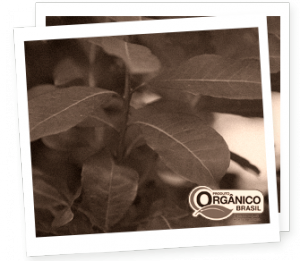
This year, Barão obtained the Organic Certification of its plantations, machinery and production lines by Certificadora Ecocert do Brasil (Brazil Ecocert Certifier). The Organic Label endorses the quality and offers guarantee of origin for those who seek to consume a safe product, produced with socio-environmental responsibility.
2013
Tea Factory Expansion
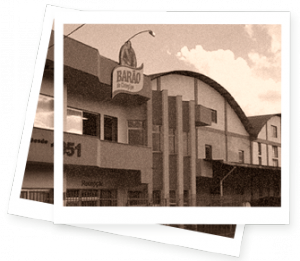
Seeking to open new markets, in 2013, Barão decided to expand its production capacity through investments in technology in the Barão Tea production line and the construction of a new pavilion.
2014
Quality Process Modernizatio
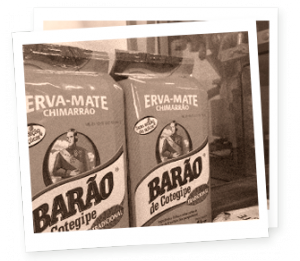
The arrival of new machinery coming from Spain allows the complete automation of Yerba Mate production and packaging processes, eliminating the possibility of product contamination. This comes to a great differential in terms of quality standards.
2016
Espresso Tea Creation
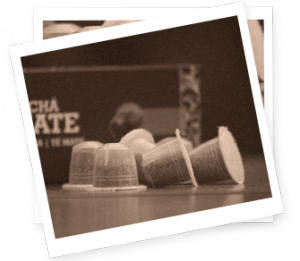
The idea of launching a line of tea in capsules, compatible with Nespresso coffee machine, came with the intention of innovate the Yerba Mate consumption form. There were months of testing until finding the ideal flavor, color and scent. From then on, Barão started offering the most consumed tea flavors in the Brazilian market in capsules seeking to attract a new public profile.


























